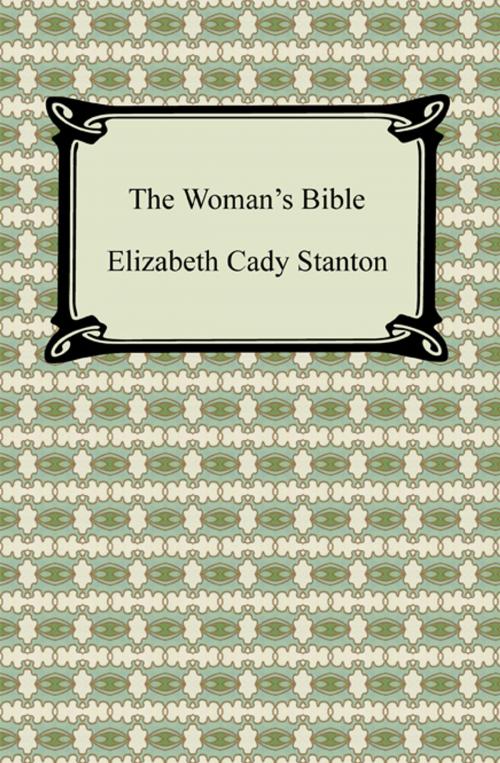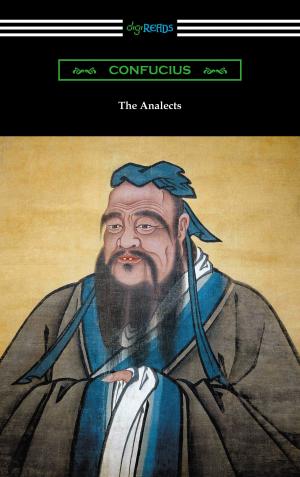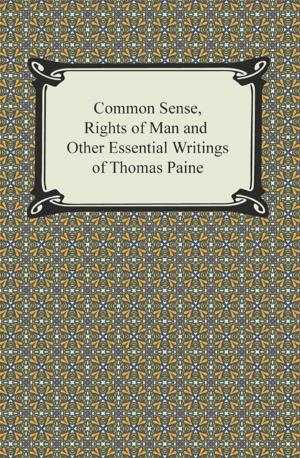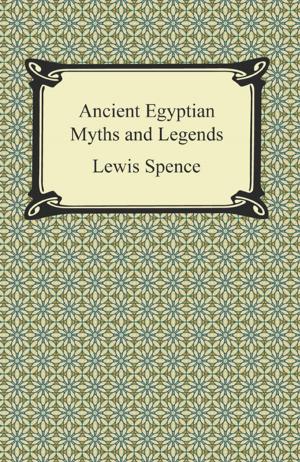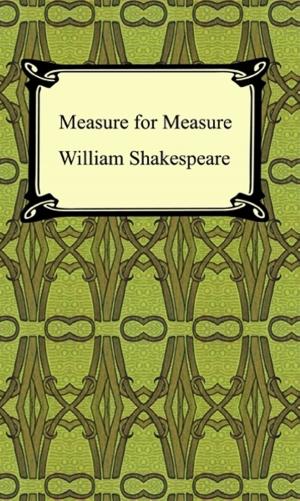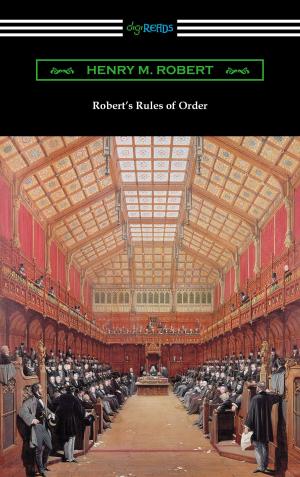| Author: | Elizabeth Cady Stanton | ISBN: | 9781596256460 |
| Publisher: | Neeland Media LLC | Publication: | December 15, 2009 |
| Imprint: | Digireads.com Publishing | Language: | English |
| Author: | Elizabeth Cady Stanton |
| ISBN: | 9781596256460 |
| Publisher: | Neeland Media LLC |
| Publication: | December 15, 2009 |
| Imprint: | Digireads.com Publishing |
| Language: | English |
Due to her lifelong efforts towards political and social equality among men and women, Elizabeth Cady Stanton (1815-1902) is known today as the mother of women's suffrage and founder of the women's rights movement. She saw blatant injustices towards women in legal matters, schooling, religion and employment, and took vigorous action to correct them; perhaps her most famous act was in 1848 when she presented her Declaration of Sentiments at the first women's rights convention in Seneca Falls, New York. Stanton worked extensively with Susan B. Anthony promoting the cause of women's suffrage. In 1895 she published "The Woman's Bible", written by all women (mostly Stanton herself), which addressed issues of sexism in the Bible. The work was intended to target specific sections of the Bible which Stanton felt degraded women, and which were a result of grave human error in a work that generally placed value on principles of love, liberty, justice and equality.
Due to her lifelong efforts towards political and social equality among men and women, Elizabeth Cady Stanton (1815-1902) is known today as the mother of women's suffrage and founder of the women's rights movement. She saw blatant injustices towards women in legal matters, schooling, religion and employment, and took vigorous action to correct them; perhaps her most famous act was in 1848 when she presented her Declaration of Sentiments at the first women's rights convention in Seneca Falls, New York. Stanton worked extensively with Susan B. Anthony promoting the cause of women's suffrage. In 1895 she published "The Woman's Bible", written by all women (mostly Stanton herself), which addressed issues of sexism in the Bible. The work was intended to target specific sections of the Bible which Stanton felt degraded women, and which were a result of grave human error in a work that generally placed value on principles of love, liberty, justice and equality.
